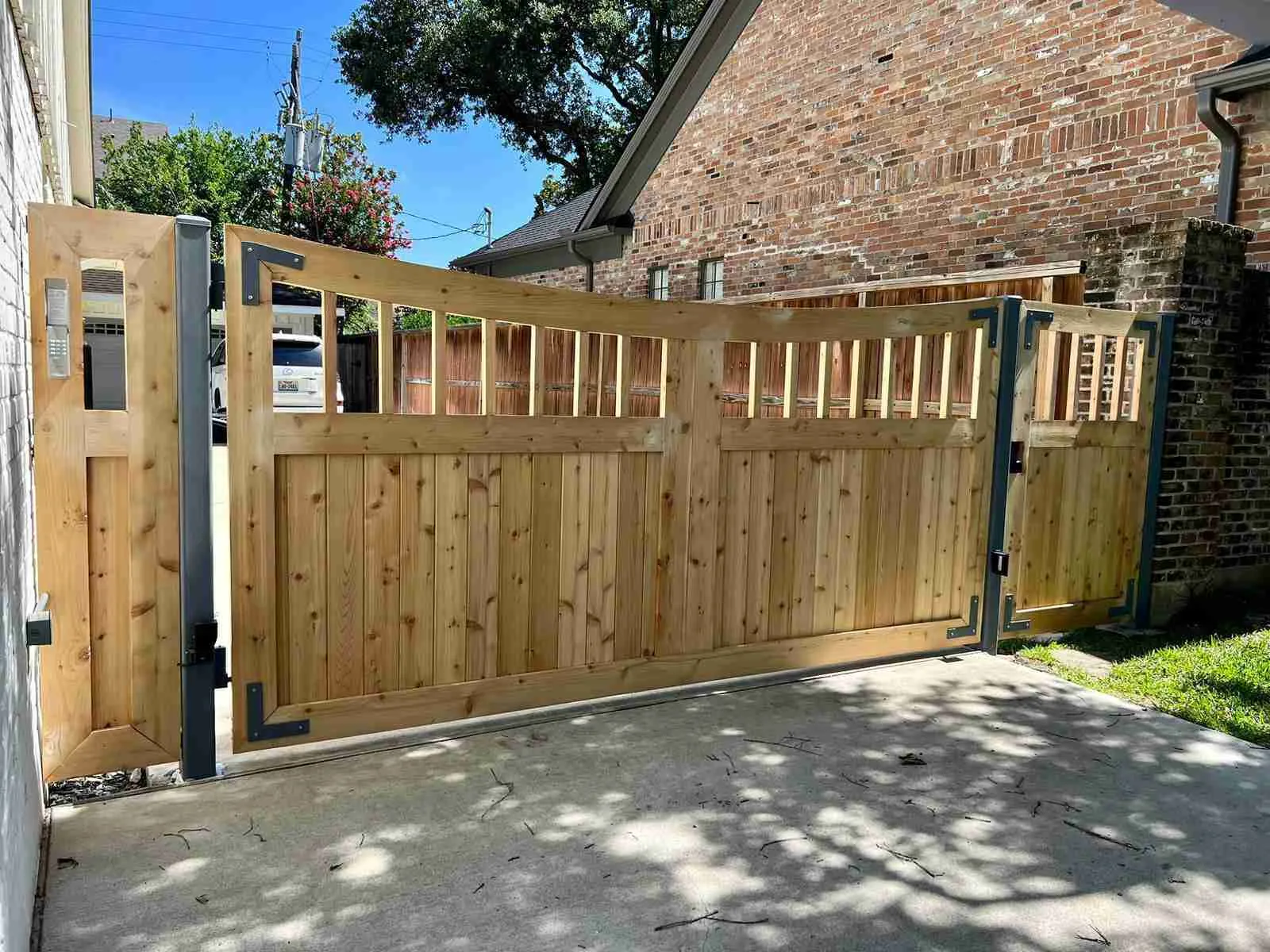Scientists in Lithuania have created a deep mastering-centered strategy that can forecast the attainable onset of Alzheimer’s sickness with more than 99 for each cent precision.
The approach utilizes Synthetic Intelligence and Deep Learning to analyse mind pictures. It is a lot quicker than handbook investigation, which also needs certain information of the modifications linked with Alzheimer’s.
Researchers from Kaunas College of Technologies (KTU) in Lithuania designed the method while analysing useful MRI photographs received from 138 subjects. They discovered it executed much better in phrases of accuracy, sensitivity and specificity than earlier created approaches.
The conclusions of the research ended up released in the journal Diagnostics’ on Monday.
The strategy could be a sport-changer in how Alzheimer’s and dementia are detected as according to the Planet Overall health Firm (WHO), Alzheimer’s is the most recurrent trigger of dementia and contributes up to 70 per cent of dementia situations.
Technologies can make medicine additional available and more affordable. Though they will under no circumstances (or at least not quickly) certainly exchange the professional medical specialist,Rytis Maskeliūnas, a researcher at the Office of Multimedia Engineering at KTU.
Somewhere around 24 million individuals are affected by Alzheimer’s globally and that number is anticipated to double due to the ageing population.
A person of the initially indicators of Alzheimer’s is moderate cognitive impairment (MCI), an early phase of memory decline or other cognitive capacity decline. The earliest phases usually have practically no crystal clear signs but can be detected by neuroimaging.
Why is early detection vital?
“Medical professionals all around the earth attempt to increase consciousness of an early Alzheimer’s prognosis, which offers the influenced with a far better opportunity of benefiting from remedy,” stated Rytis Maskeliūnas, a researcher at the Section of Multimedia Engineering at KTU.
He reported despite the fact that it was not the initially endeavor to diagnose the early onset of Alzheimer’s from related knowledge, the primary breakthrough was the precision of the algorithm.
“Obviously, this kind of high numbers are not indicators of genuine real-lifetime efficiency, but we’re doing work with medical establishments to get much more information,” he mentioned.
“We will need to make the most of details. That is why our exploration group focuses on the European open up science theory, so everyone can use our understanding and acquire it further. I imagine that this basic principle contributes considerably to societal development.”
Replacing healthcare industry experts?
The chief researcher stated the algorithm could be made into application, which could analyse facts from these extra vulnerable to Alzheimer’s, for instance, people around the age of 65 or who have superior blood strain.
Whilst the technological innovation could enable professional medical specialists with Alzheimer’s diagnoses, Maskeliunas warned it simply cannot switch them.
“Systems can make drugs much more obtainable and more affordable. Whilst they will in no way (or at the very least not before long) truly replace the healthcare skilled, technologies can inspire searching for timely analysis and enable,” he stated.





More Stories
AI vs Human Jobs: Who Wins in Silicon Valley’s Future?
How AI Job Replacement is Changing Silicon Valley’s Workforce
Breakthrough AI Technology Advancements Changing Our Future